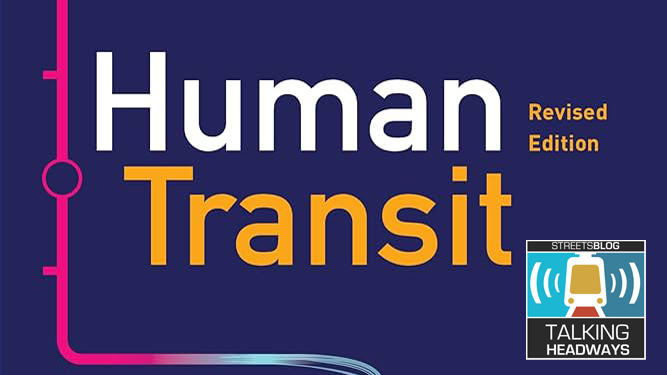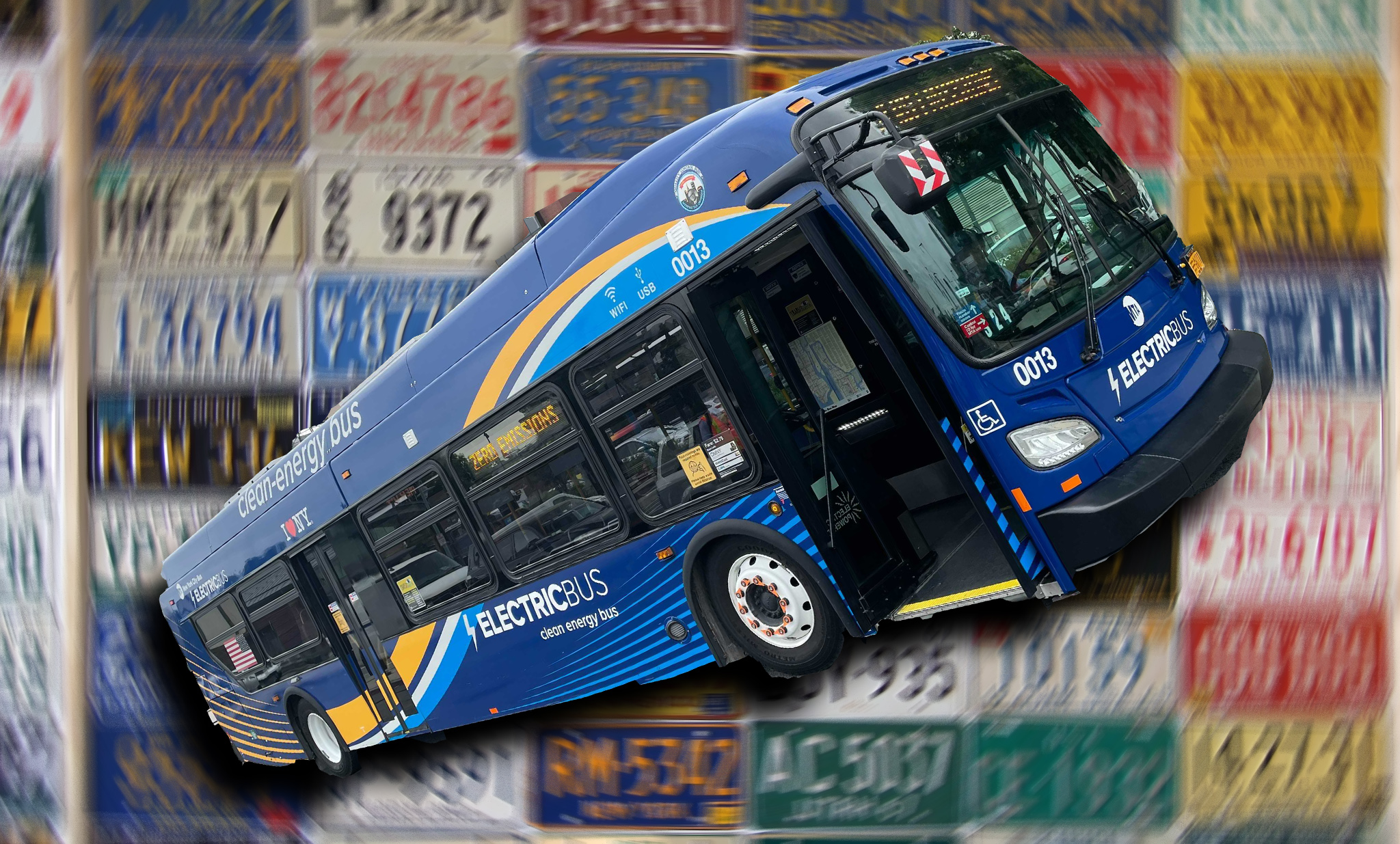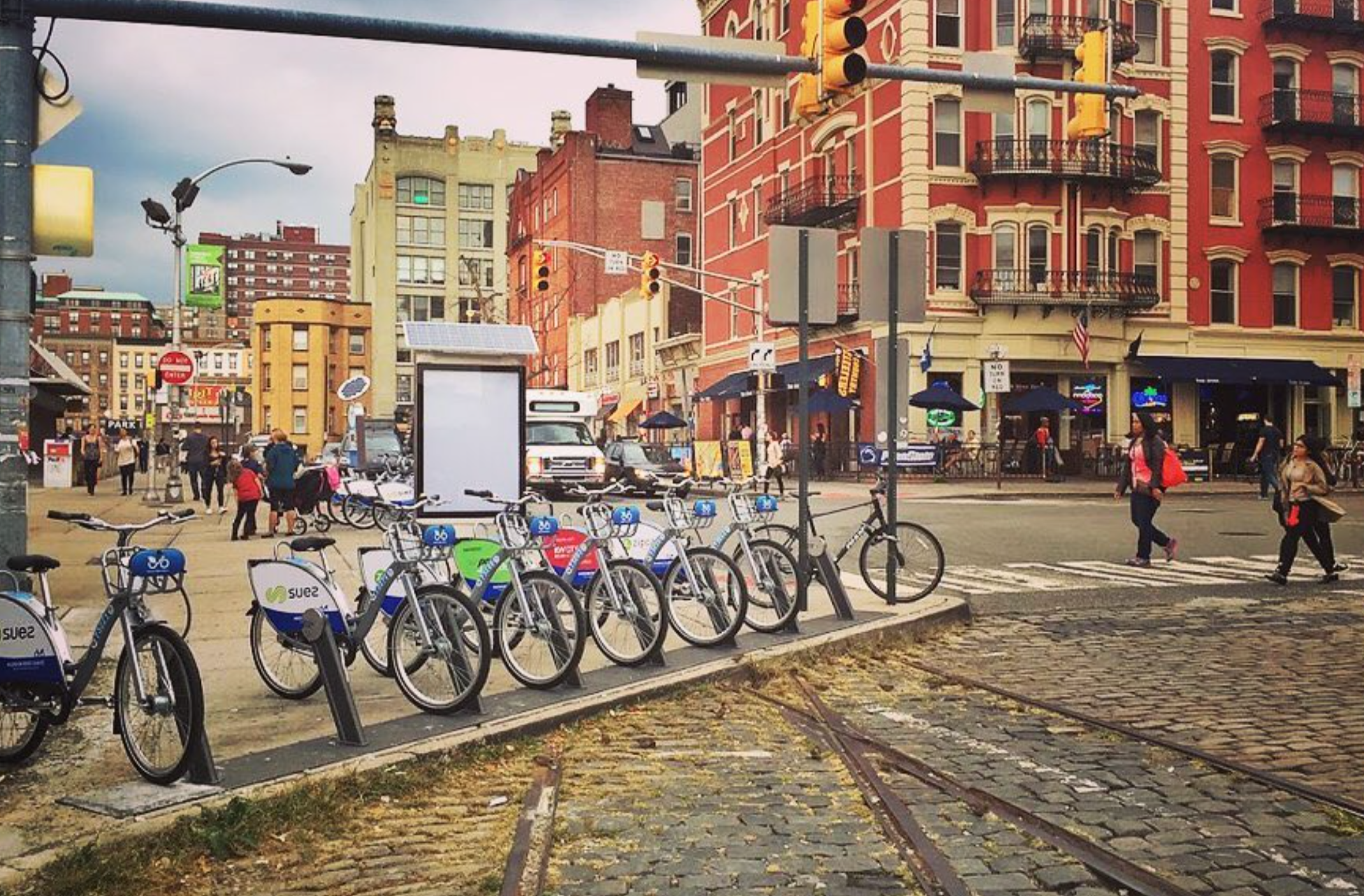 (Chart: LetsMove.gov)
(Chart: LetsMove.gov)The White House's inter-agency task force on childhood obesity, developed under the stewardship of First Lady Michelle Obama, today released a 124-page report recommending dozens of policy shifts in health care, community development, and transportation that it estimates can bring down obesity rates among kids by 5 percent over the next 20 years.
During the February launch of the task force, Mrs. Obama noted the public health benefits of promoting biking and walking among U.S. kids, but today's report goes into far more detail about the link between non-motorized transportation, local land use, and children's rate of physical exercise. Among the task force's recommendations are an addition of "complete streets" design rules to the next long-term federal transportation bill and expanding the Safe Routes to School (SRtS) program to include high schools.
"Children’s ability to be physically active in their community depends on whether the community is safe and walkable, with good sidewalks and reasonable distances between destinations," the report states in a section entitled 'The Built Environment' that got an early plug from Transportation Secretary Ray LaHood.
A chart featured in the White House report, viewable above, mirrors the assessment of a recent SRtS release that found ample opportunities for families to transition their children from school commutes via auto to trips by foot or bicycle.
The task force also encourages local governments to conduct "Health Impact Assessments," or HIAs, before building new developments. The HIA concept, similar to environmental reviews of federally funded transport projects that are currently mandated by law, would evaluate the effect of construction and land-use decisions on the physical activity of community residents.
The first lady's group also took a notably holistic approach to the effect of neighborhood quality on children's health. In a lengthy section on the findings of a recent socioeconomic study published in the journal Health Affairs, today's report states:
- Children living in unsafe neighborhoods or those characterized by poor housing and the presence of garbage and litter on streets had an approximately 30-60% higher chance of being obese or overweight than children living in better conditions;
- Children with low neighborhood amenities or those lacking neighborhood access to sidewalks or walking paths, parks or playgrounds, or recreation or community centers had 20-45% higher odds of becoming obese or overweight compared to children who had access to these amenities;
- The impact of the built environment was particularly strong for younger children (ages 10-11) and for girls. Girls ages 10-11 living in neighborhoods with the fewest amenities had 121-276% higher adjusted odds of being obese or overweight than those living in neighborhoods with the most amenities
As a standard to measure the success of its proposed policy shifts, the task force suggested aiming for a 50 percent increase in the share of children walking or biking to school over the next five years.
"We don't need new discoveries or new inventions to reverse this
trend" of obesity that has manifested in an estimated one out of every three American children, Mrs. Obama told reporters today. "Again, we have the tools at our disposal to reverse it. All we
need is the motivation, the opportunity and the willpower to do what
needs to be done."




